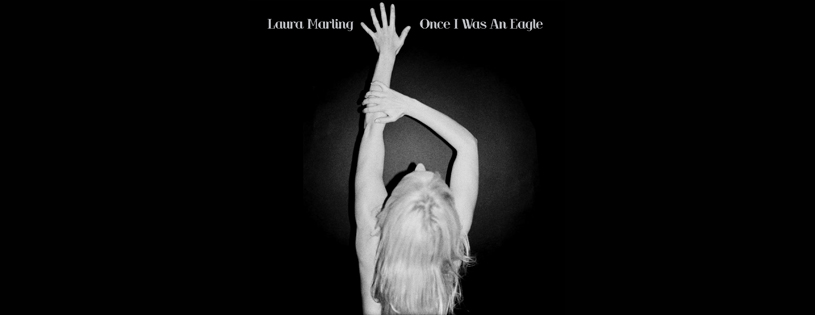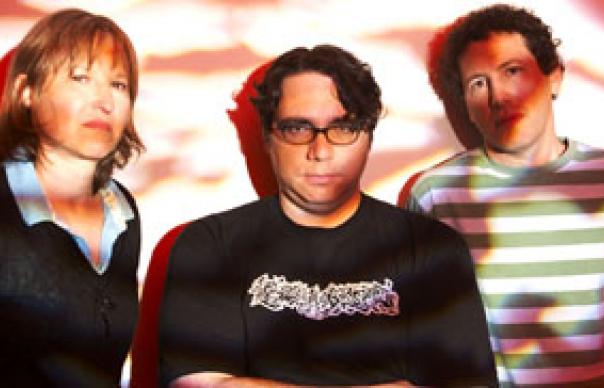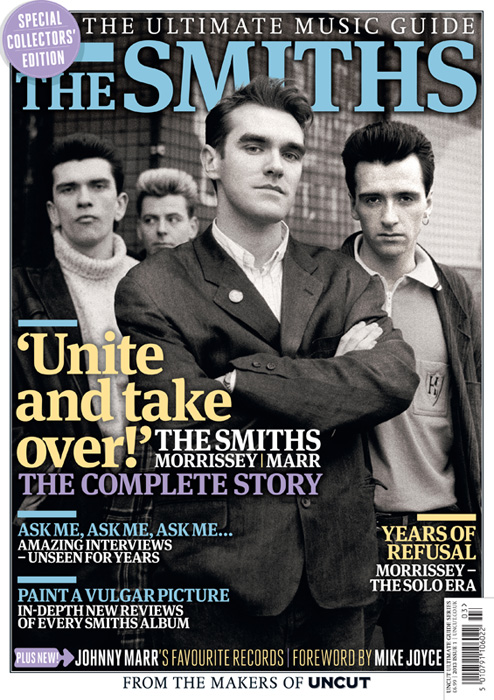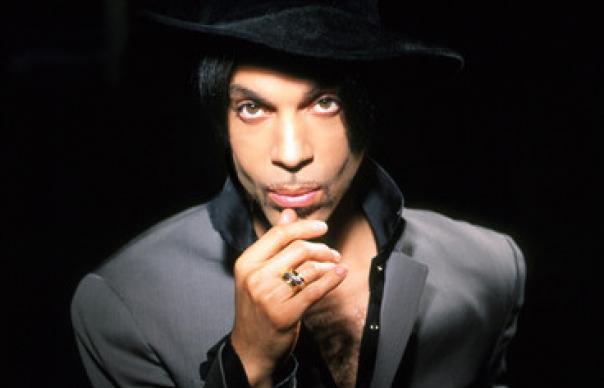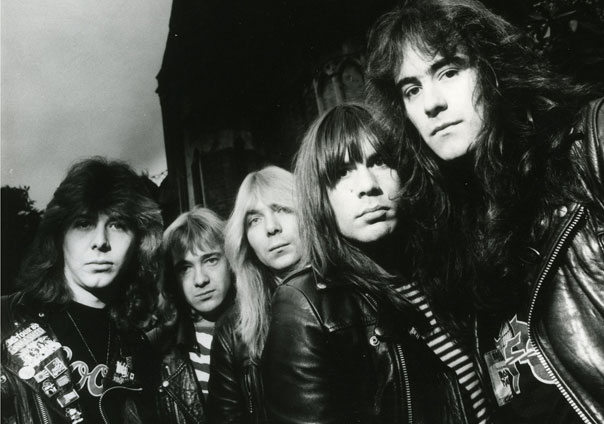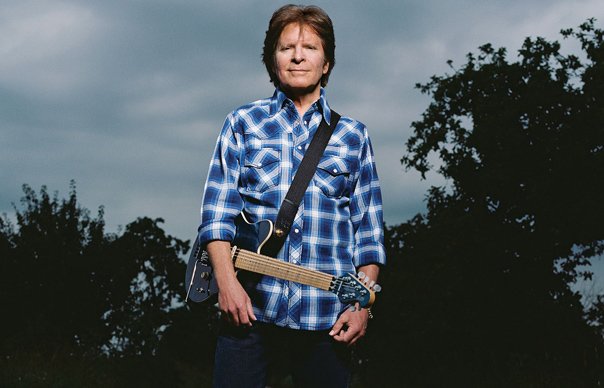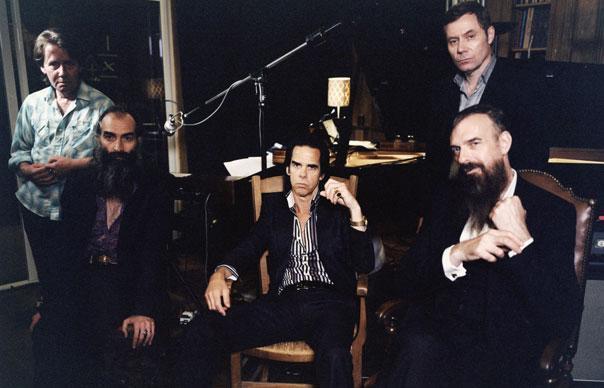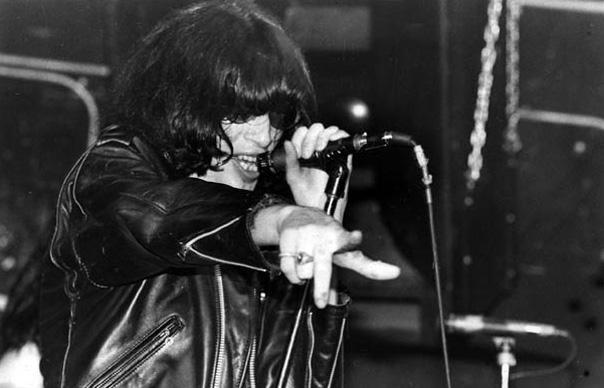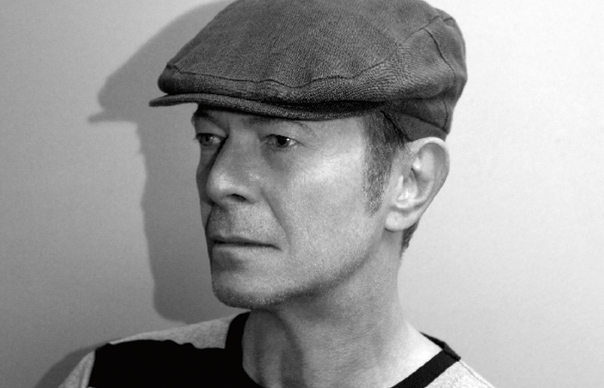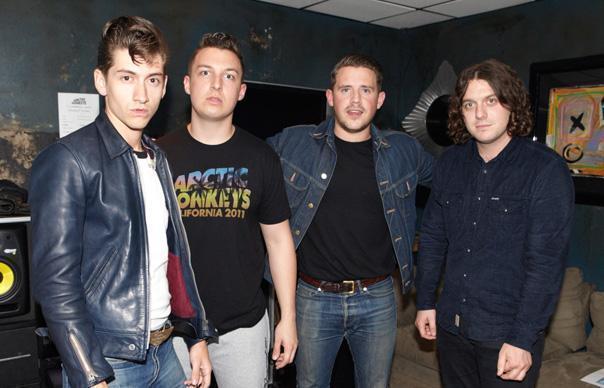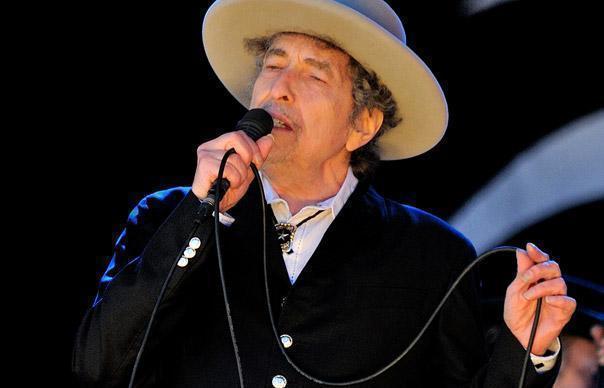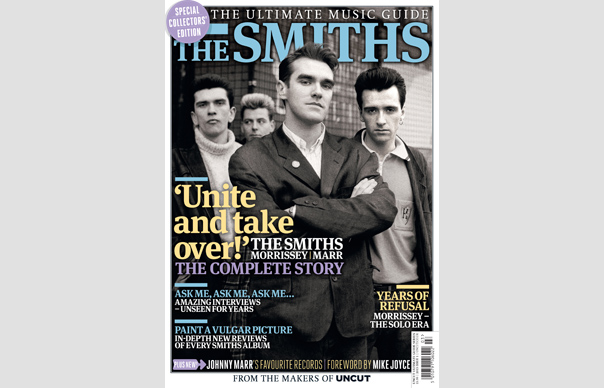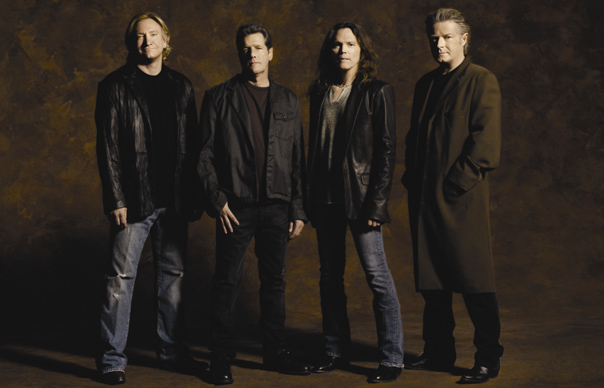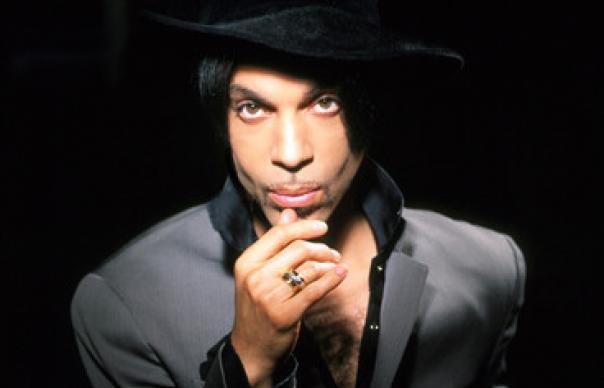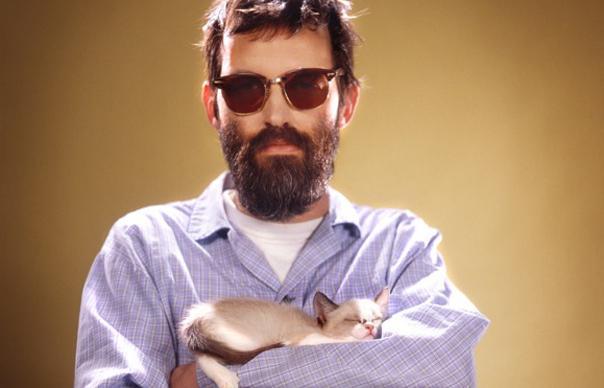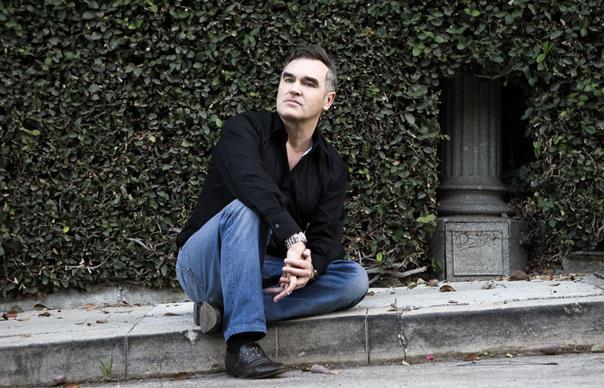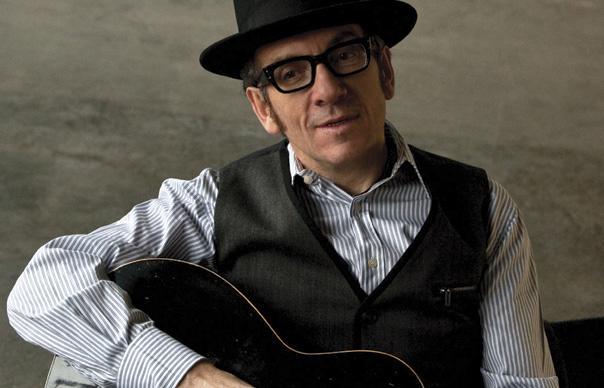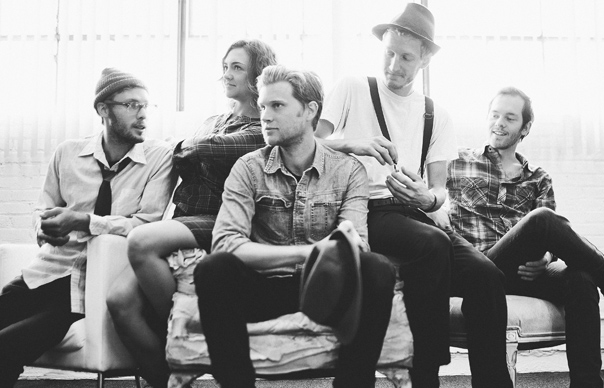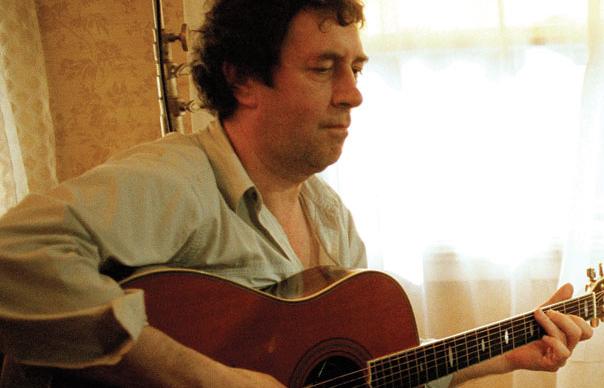It’s easy – and probably useful, sometimes – to lambast major labels for what looks from the outside like chronic short-termism. The climate is, understandably I guess, a neurotic one, and those days are long gone when labels would work long-term with a select group of trophy artists, whose usefulness to the company was more silvery and nebulous, more about cachet than quick profit. Fair play, though, to Virgin. Laura Marling signed to the label in 2007, and this is her fourth and, I think, by some distance her best album. In the intervening years, while a few of her contemporaries from the London indie-folk circuit have done rather hefty business, Marling’s music has progressed to a deeper and not entirely commercial place. If, by now, they were expecting some Mumfords-style crossover strumalongs, at least Virgin have stuck with her and indulged a woman who’s now becoming a seriously interesting artist. “Once I Was An Eagle”, then, features 16 tracks, though you could alternatively call it 13 tracks, since the first four seamlessly collapse into one another, in a compelling stream-of-consciousness raga that lasts around 15 minutes. As opening statements go, it’s a strikingly uncompromising one, as Marling sings, speaks and picks her way around an ebbing and flowing cluster of chords. As was the case on quite a lot of her last album, “A Creature I Don’t Know”, there’s a very conscious appreciation of Joni Mitchell in the way Marling works (Joni a little later in the ‘70s this time, perhaps). But the music that pours through "Take The Night Off"/"I Was An Eagle"/"You Know"/"Breathe" as much calls to mind guitar explorers of the late ‘60s like Peter Walker, who found a way to repurpose Indian devotional music as American folk (Ethan Johns and Marling discreetly point this up, with tabla and sitars occasionally materialising in the mix). Some early talk of “Once I Was An Eagle” has noted the title’s similarity to Bill Callahan’s “Sometimes I Wish We Were An Eagle”. Listening to Marling’s brackish first moves here, though – and the fingerpicking is superb throughout – the Drag City artist she seems to be closest to in spirit is actually Ben Chasny, Six Organs Of Admittance, and the records where he locks into a dark evolution of that folk-raga style. Marling is not an underground artist, of course, but as her songs find new shapes, and as she revisits the shapes and themes of her opening sequence as a more compact and resolved song on Track 12, “Pray For Me”, it feels as if she’s artfully taking some outré and neglected musical ideas towards the edge of the mainstream, and investing them with enough character to make them her own I’m aware that it may be age and gender that makes me focus on antecedents rather than emotional content (though plenty of later and more thorough reviews will doubtless fish that out), and it’d be reductive to think of Marling purely in terms of her influences, no matter how many times her increasingly gorgeous mature voice takes a path around a melody in a way which recalls Laura Nyro or post-Fairports Sandy Denny. Nevertheless, it’s hard to ignore arch quotes like “It Ain’t Me Babe” in “Master Hunter”, whose thicket of strum has a distinct air of Bron-Y-Aur, ”Led Zeppelin III” and – a recurring influence throughout the album – Roy Harper. After Track 8, “Interlude” (an instrumental that appears to be constructed out of a Mellotron’s strings setting), there’s a fractionally lighter shift: the brilliantly-played “Undine” feels like Marling has been assiduously dreaming of a few sets at Les Cousins, a jaunty folk-revival filigree in the spirit of Davy Graham or Bert Jansch. “Where Can I Go?”, though, moves somewhere else again, and the gentle purr of a B3, among other things, makes it feel as if The Band have pitched up to back her. I kept thinking of the Karen Dalton version of “In A Station”, even though Marling’s voice is nothing like that of Dalton. Almost undetectably, the music fills out as this longish album goes on, so that by the final track, “Saved These Words”, Marling is riding the structure of those opening songs (that opening song?) for a sixth time, now in an even more grandiose and emphatic way. It’s an audacious, incremental and pleasingly old-fashioned way of putting an album together, not least because it encourages listeners to stick with it for the whole duration. Marling is, clearly, acutely conscious of making her work substantial, serious, and especially rewarding to those who take the time to listen closely. I don’t think I’ve really done that yet, but there’s a lot to engage with here. Follow me on Twitter: www.twitter.com/JohnRMulvey
It’s easy – and probably useful, sometimes – to lambast major labels for what looks from the outside like chronic short-termism. The climate is, understandably I guess, a neurotic one, and those days are long gone when labels would work long-term with a select group of trophy artists, whose usefulness to the company was more silvery and nebulous, more about cachet than quick profit.
Fair play, though, to Virgin. Laura Marling signed to the label in 2007, and this is her fourth and, I think, by some distance her best album. In the intervening years, while a few of her contemporaries from the London indie-folk circuit have done rather hefty business, Marling’s music has progressed to a deeper and not entirely commercial place. If, by now, they were expecting some Mumfords-style crossover strumalongs, at least Virgin have stuck with her and indulged a woman who’s now becoming a seriously interesting artist.
“Once I Was An Eagle”, then, features 16 tracks, though you could alternatively call it 13 tracks, since the first four seamlessly collapse into one another, in a compelling stream-of-consciousness raga that lasts around 15 minutes. As opening statements go, it’s a strikingly uncompromising one, as Marling sings, speaks and picks her way around an ebbing and flowing cluster of chords. As was the case on quite a lot of her last album, “A Creature I Don’t Know”, there’s a very conscious appreciation of Joni Mitchell in the way Marling works (Joni a little later in the ‘70s this time, perhaps). But the music that pours through “Take The Night Off”/”I Was An Eagle”/”You Know”/”Breathe” as much calls to mind guitar explorers of the late ‘60s like Peter Walker, who found a way to repurpose Indian devotional music as American folk (Ethan Johns and Marling discreetly point this up, with tabla and sitars occasionally materialising in the mix).
Some early talk of “Once I Was An Eagle” has noted the title’s similarity to Bill Callahan’s “Sometimes I Wish We Were An Eagle”. Listening to Marling’s brackish first moves here, though – and the fingerpicking is superb throughout – the Drag City artist she seems to be closest to in spirit is actually Ben Chasny, Six Organs Of Admittance, and the records where he locks into a dark evolution of that folk-raga style.
Marling is not an underground artist, of course, but as her songs find new shapes, and as she revisits the shapes and themes of her opening sequence as a more compact and resolved song on Track 12, “Pray For Me”, it feels as if she’s artfully taking some outré and neglected musical ideas towards the edge of the mainstream, and investing them with enough character to make them her own
I’m aware that it may be age and gender that makes me focus on antecedents rather than emotional content (though plenty of later and more thorough reviews will doubtless fish that out), and it’d be reductive to think of Marling purely in terms of her influences, no matter how many times her increasingly gorgeous mature voice takes a path around a melody in a way which recalls Laura Nyro or post-Fairports Sandy Denny.
Nevertheless, it’s hard to ignore arch quotes like “It Ain’t Me Babe” in “Master Hunter”, whose thicket of strum has a distinct air of Bron-Y-Aur, ”Led Zeppelin III” and – a recurring influence throughout the album – Roy Harper. After Track 8, “Interlude” (an instrumental that appears to be constructed out of a Mellotron’s strings setting), there’s a fractionally lighter shift: the brilliantly-played “Undine” feels like Marling has been assiduously dreaming of a few sets at Les Cousins, a jaunty folk-revival filigree in the spirit of Davy Graham or Bert Jansch.
“Where Can I Go?”, though, moves somewhere else again, and the gentle purr of a B3, among other things, makes it feel as if The Band have pitched up to back her. I kept thinking of the Karen Dalton version of “In A Station”, even though Marling’s voice is nothing like that of Dalton.
Almost undetectably, the music fills out as this longish album goes on, so that by the final track, “Saved These Words”, Marling is riding the structure of those opening songs (that opening song?) for a sixth time, now in an even more grandiose and emphatic way. It’s an audacious, incremental and pleasingly old-fashioned way of putting an album together, not least because it encourages listeners to stick with it for the whole duration. Marling is, clearly, acutely conscious of making her work substantial, serious, and especially rewarding to those who take the time to listen closely. I don’t think I’ve really done that yet, but there’s a lot to engage with here.
Follow me on Twitter: www.twitter.com/JohnRMulvey


